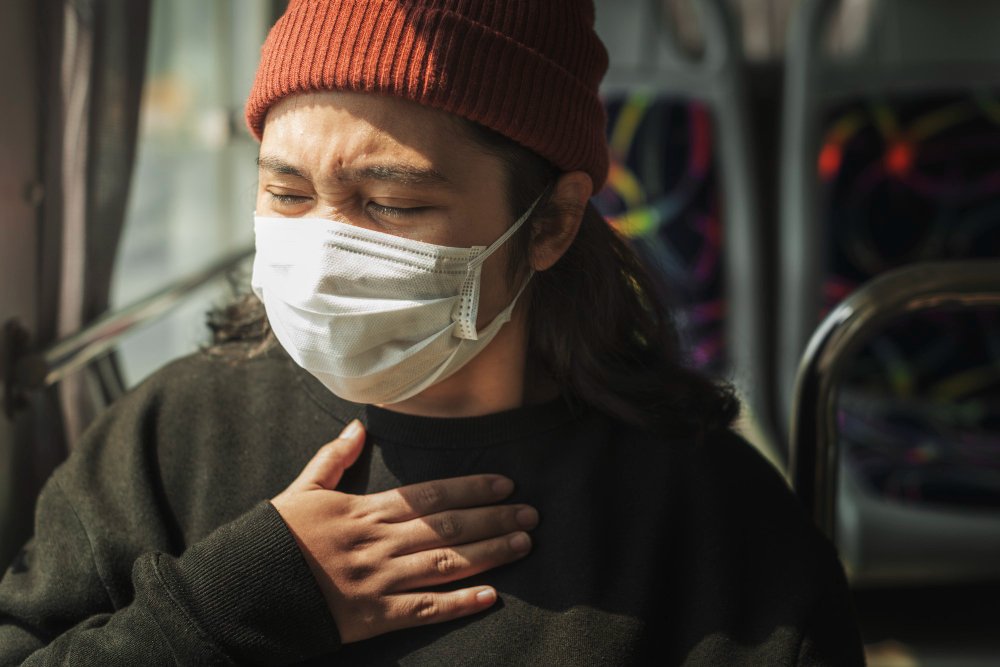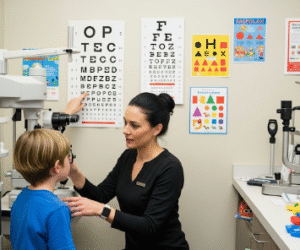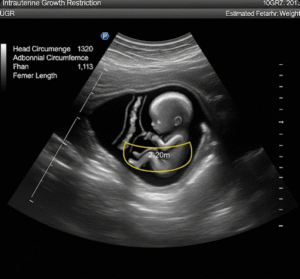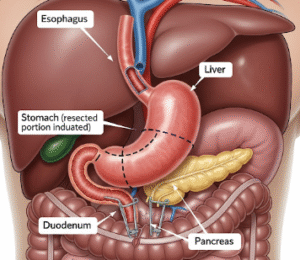Overview
Coccidioidomycosis, also called Valley Fever, is a fungal infection caused by Coccidioides species. It is primarily found in certain arid regions such as the southwestern United States, Mexico, and parts of Central and South America. In Korea, the infection is extremely rare and typically seen only in individuals who have traveled to or lived in endemic regions. Korean hospitals and laboratories are capable of diagnosing and treating this condition with antifungal therapies when it is detected.
What is Coccidioidomycosis?
Coccidioidomycosis is an infection caused by inhaling airborne spores of the fungus Coccidioides, which live in soil in dry, dusty climates. Once inhaled, the spores can cause respiratory illness that may be mild, flu-like, or in severe cases progress to chronic lung infection or disseminated disease affecting the skin, bones, or central nervous system.
Symptoms
Symptoms can range from mild to severe, often appearing 1–3 weeks after exposure:
- Fever, chills, and night sweats
- Cough and chest pain
- Shortness of breath
- Fatigue and weakness
- Headaches and muscle aches
- Skin rash (erythema nodosum or erythema multiforme)
- In severe or disseminated cases: meningitis, bone and joint pain, skin ulcers
Causes
- Inhalation of fungal spores (Coccidioides immitis or Coccidioides posadasii)
- Disturbance of soil in endemic regions (construction, farming, dust storms)
- Travel to areas where the fungus is widespread (e.g., Arizona, California’s Central Valley, northern Mexico)
Risk Factors
- Living in or traveling to endemic desert regions
- Occupations involving soil exposure (construction workers, farmers, archaeologists)
- Weakened immune system (HIV/AIDS, cancer, organ transplant, immunosuppressive drugs)
- Pregnancy, especially in the third trimester
- People of Filipino or African descent (higher risk of severe disease)
Complications
- Chronic pneumonia with lung nodules or cavities
- Disseminated coccidioidomycosis (spread to skin, bones, joints, brain)
- Meningitis, which can be life-threatening without treatment
- Persistent fatigue and reduced lung function
Prevention
- Avoiding dust exposure in endemic areas (wearing masks, staying indoors during dust storms)
- Wetting soil before digging to reduce airborne spores
- Protective clothing and respirators for at-risk workers
- For travelers from Korea: awareness of risk when visiting endemic regions
Treatment Options in Korea
Although rare in Korea, major hospitals are equipped to diagnose and manage coccidioidomycosis. Diagnostic methods include blood tests, fungal cultures, imaging (chest X-ray or CT), and biopsy.
- Mild cases: Often resolve without treatment, but symptomatic care is provided.
- Antifungal medications:
- Fluconazole or itraconazole for mild to moderate infections
- Amphotericin B for severe or disseminated cases
- Surgical intervention: In rare cases, surgery may be required to remove lung nodules or cavities.
- Specialized care in Korea:
- Seoul National University Hospital, Asan Medical Center, Samsung Medical Center, Severance Hospital have infectious disease specialists experienced in rare fungal infections.
- Long-term follow-up: Chronic and disseminated cases require prolonged antifungal therapy (sometimes lifelong) and regular monitoring.













